
Seizures and Sudden Death in Children
05/13/2024 | 12:00 pm EST - 1:00 pm EST

Global Attitudes and Practices in SUDEP Counseling
03/01/2024 | 11:00 am EST - 12:00 pm EST
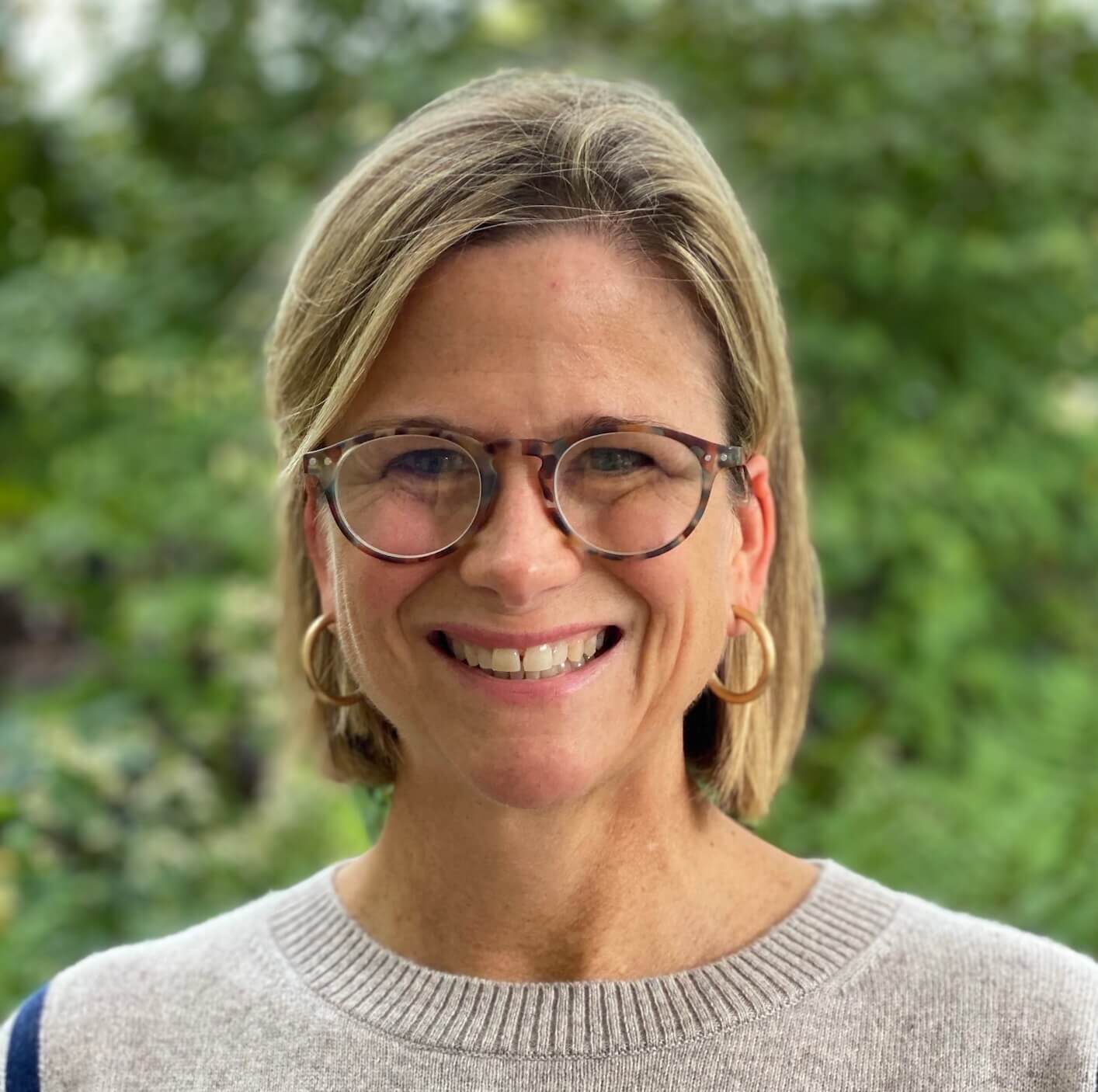
It takes a village: How family-led organizations are changing the face of SUDEP prevention
10/05/2023 | 3:00 pm EST - 4:00 pm EST

Sudden Death in Epilepsy (SUDEP): Common Misconceptions
04/28/2023 | 2:00 pm EST - 3:00 pm EST
- Dr Orrin Devinsky, Professor of Neurology, Neurosurgery and Psychiatry – New York University School of Medicine
- Lou Brossard, Bereaved Parent
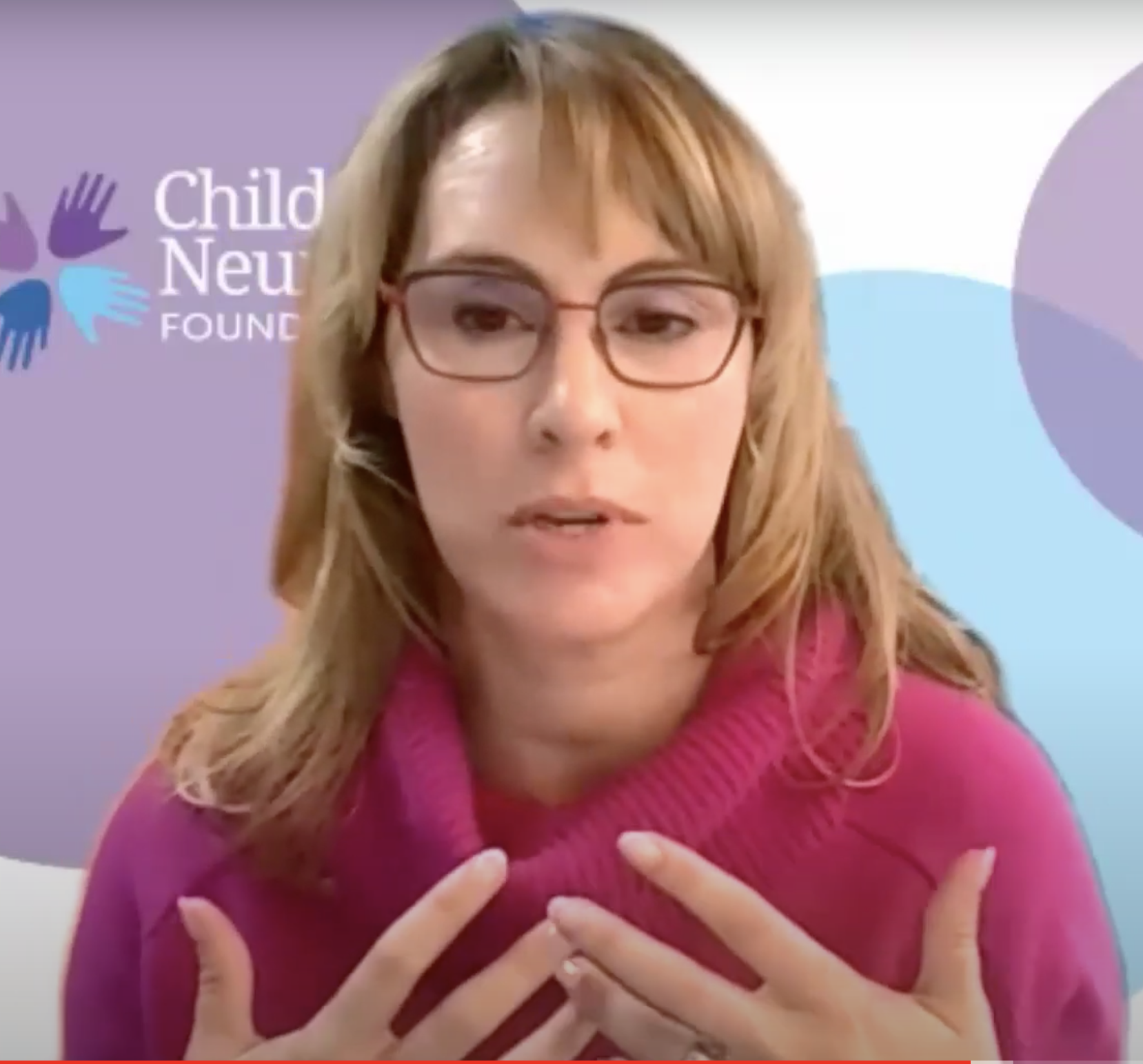
Assess, Act & Empower: A NEW Toolkit to Save Lives
03/28/2023 | 1:00 pm EST - 2:00 pm EST
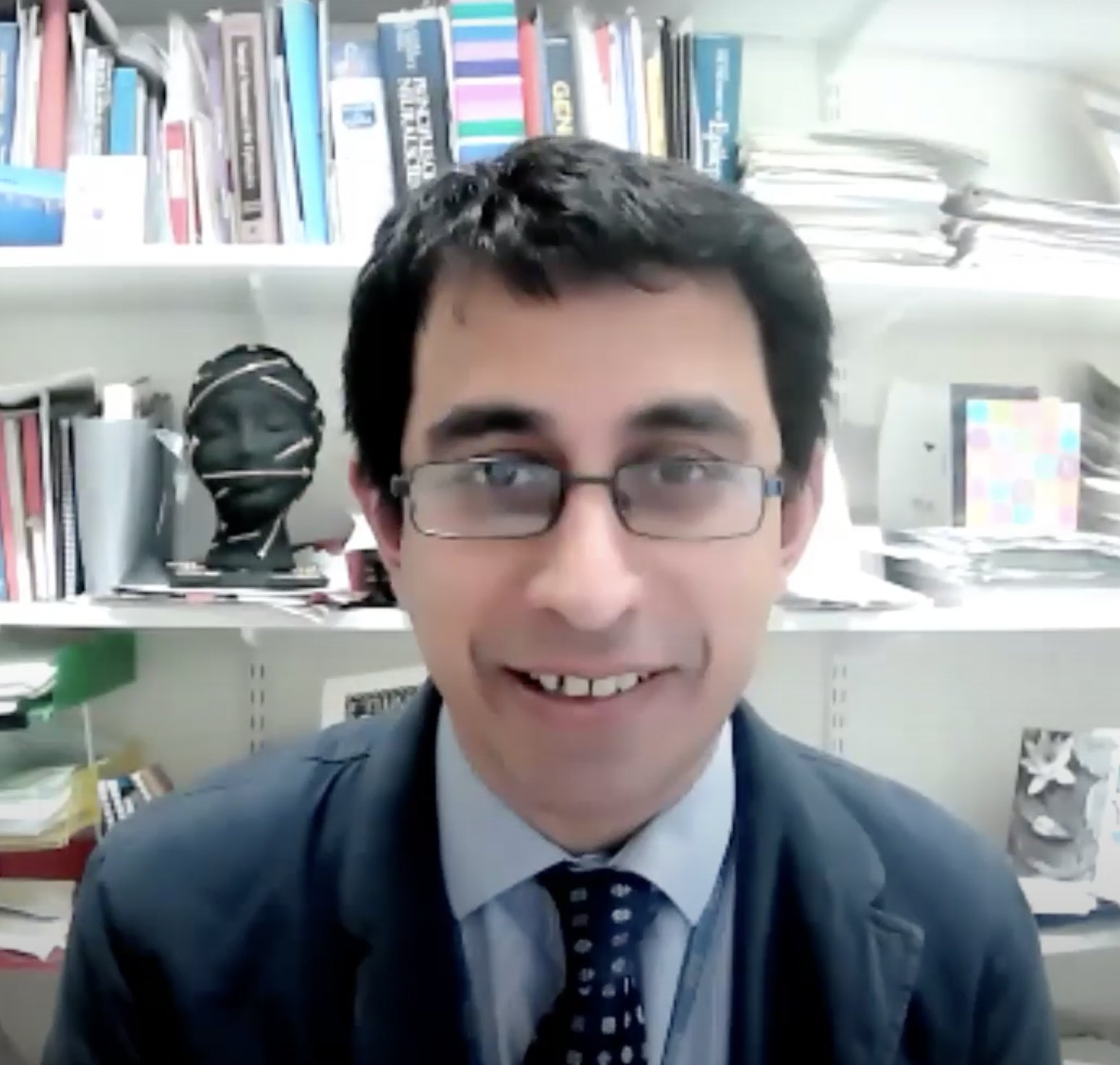
International Epilepsy Awareness Day 2023
02/22/2023 | 1:00 pm EST - 2:00 pm EST

SUDEP Communication: Understanding the Caregiver Perspective and Developing a SUDEP Conversation Guide
10/11/2022 | 12:00 pm EST - 1:00 pm EST
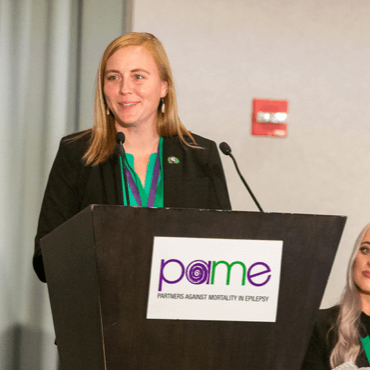
SUDEP Biomarker Challenge: What Did We Learn?
07/13/2022 | 1:00 pm EST - 2:00 pm EST

Speaking About SUDEP: Arming the Rare Epilepsy Community with the Latest Research
06/14/2022 | 4:00 pm EST - 5:00 pm EST
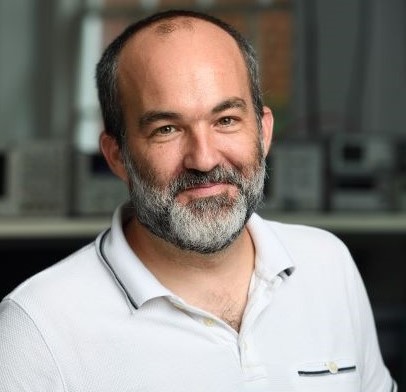
Devices for Epilepsy: Current Options and the Future Pipeline
05/24/2022 | 1:00 pm EST - 2:00 pm EST

SUDEP Biomarkers: How Close Are We?
03/29/2022 | 4:00 pm EST - 5:00 pm EST
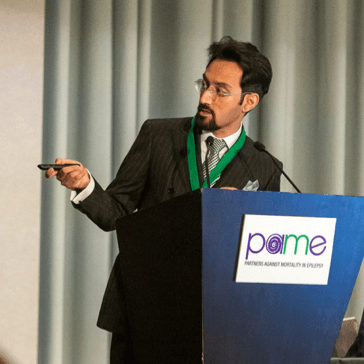
Key Learnings and Next Steps From the NIH funded Center for SUDEP Research
10/25/2021
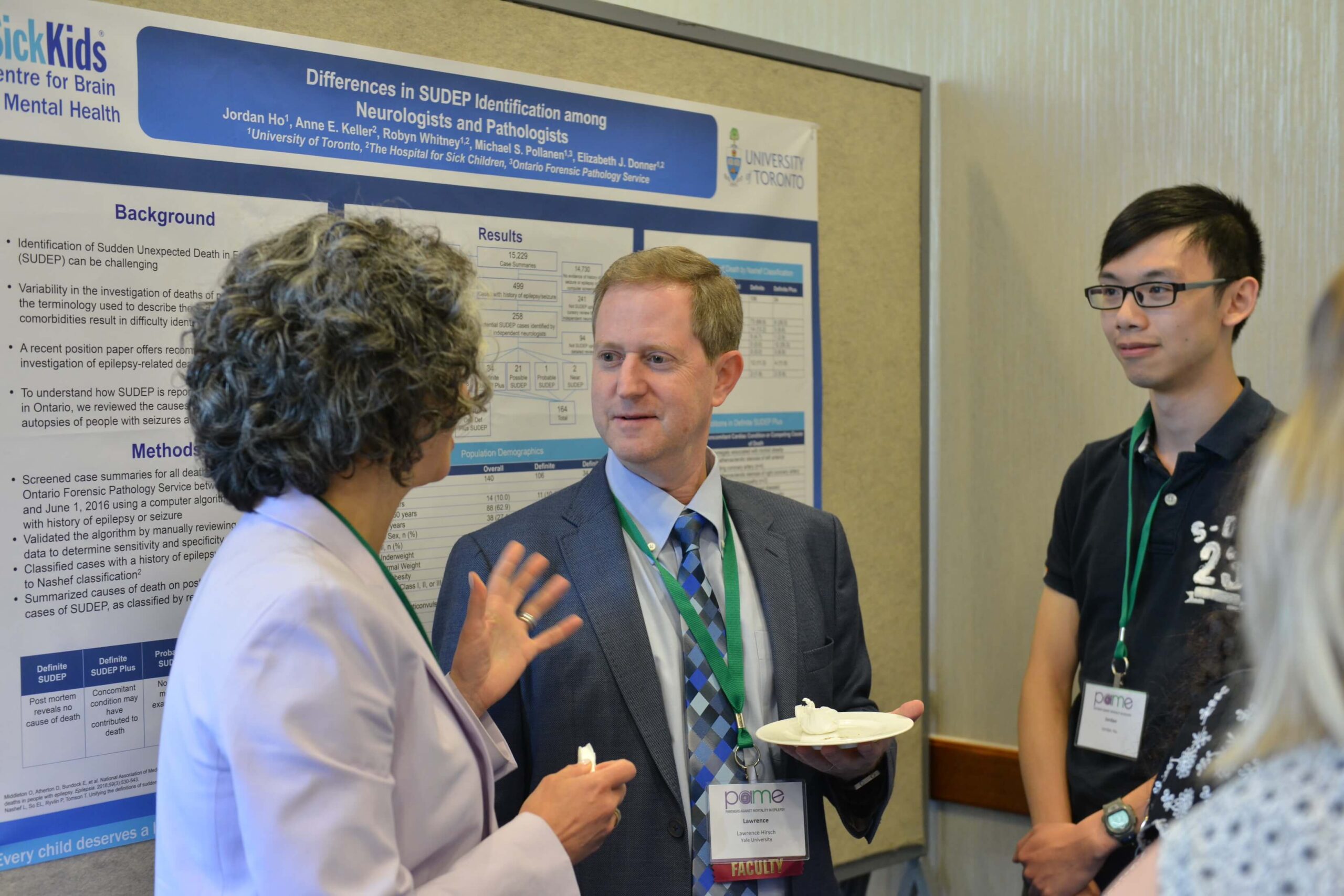
Sleep, Night, and SUDEP
07/16/2021
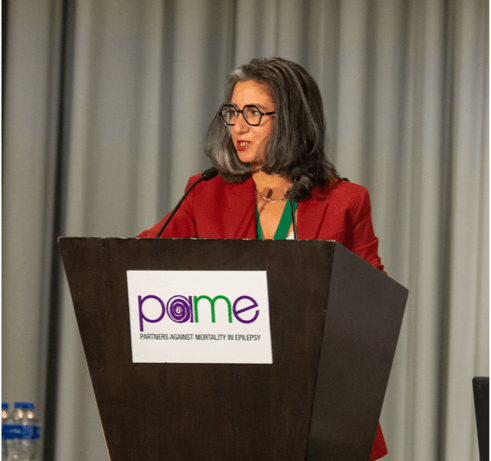
Understanding Disparities in Epilepsy Mortality: Global and National Perspectives
05/18/2021
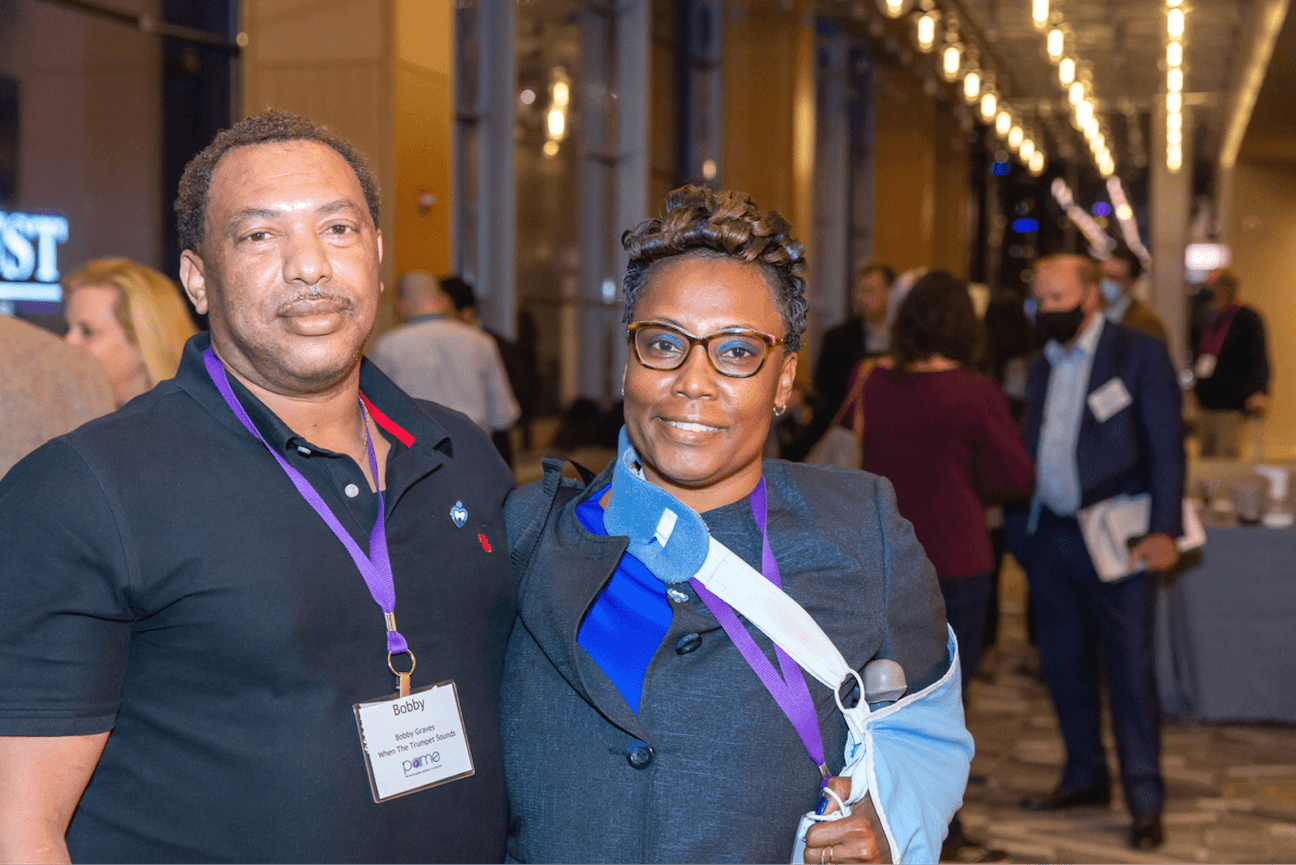
Grief and Death in Epilepsy: Learning From Loss
05/18/2021

